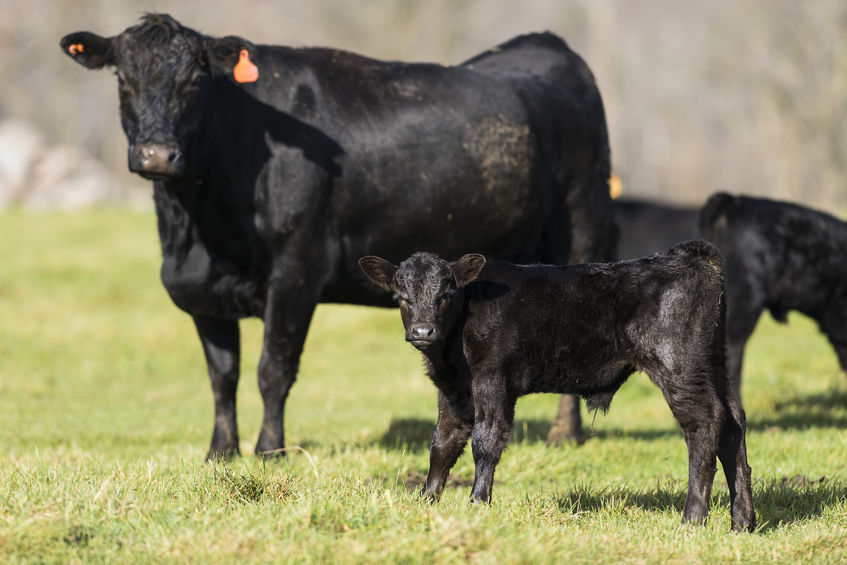
The government has announced that calves under 180 days of age are temporarily exempt from bovine TB testing.
The exemption applies only where testing cannot take place safely under the current Covid-19 restrictions, Defra said in a new update.
There is also the ability for Official Veterinarians (OVs) to request backdating this measure to the start of lockdown (23 March).
The new guidelines, which apply in both England and Wales, received ministerial clearance prior to this temporary exemption being implemented.
They go on to indicate that if, in the opinion of both the testing vet and the herd keeper, a calf under 180 days of age can be tested while maintaining social distancing, then testing should take place as normal.
Exempted calves would still need a pre-movement test if they are to move off a holding, where that move would normally require it.
It comes as the British Cattle Veterinary Association (BCVA) sent a series of recommendations to the Animal Health and Plant and Health Agency (APHA).
BCVA emphasised that vet and farmer safety is 'paramount', but also recognised that there could be a series of 'far reaching, unintended consequences' of ceasing bTB testing altogether and for an unknown length of time.
As such, the recommendations considered how best to continue necessary cattle movement in-order to ensure the safe future food production chain, protect cattle welfare, and continue to maintain a level of TB surveillance.
“Clearly, the restrictions everyone faces under COVID-19 requires cooperation between vet and client in new and challenging ways,” said Nikki Hopkins, BCVA president.
“Each party needs to understand its own obligation to ensure one another’s safety. We must all work together to communicate those responsibilities to our communities in-order to avoid risky interactions."
She said the temporary exemption is a 'positive move' that aims to strike a balance between keeping everyone safe and maintaining the food chain and bTB surveillance.
